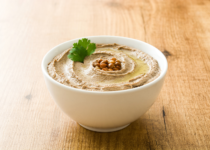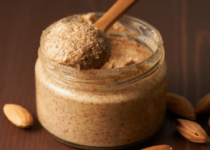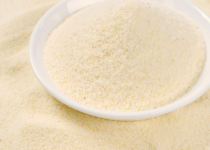What Fruits Can Dogs Eat
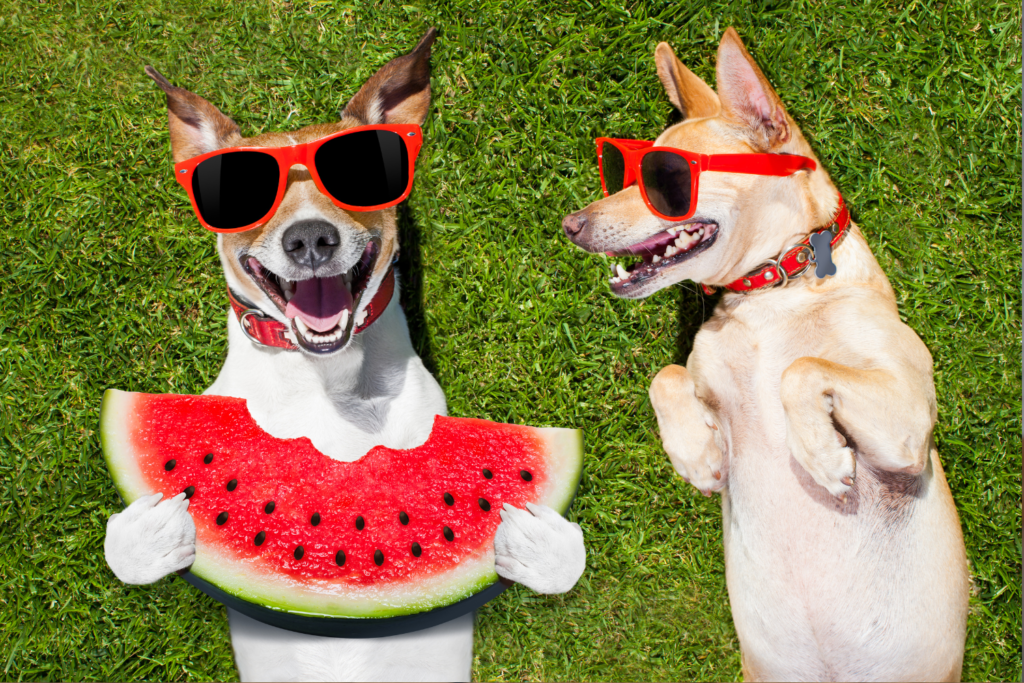
What Fruits Can Dogs Eat: A Guide to Safe and Healthy Canine Treats
When it comes to sharing our meals with our furry companions, it’s essential to know which fruits are safe and healthy for them to enjoy. Dogs are naturally curious about the food we eat, including fruits. However, not all fruits are suitable for canine consumption. In this comprehensive guide, we will explore the question, “What fruits can dogs eat?” and provide you with a detailed list of safe and nutritious options for your four-legged friend.
I. Understanding the Benefits of Fruit for Dogs
Feeding fruits to dogs can provide several benefits to their overall health and well-being. It’s important to note that fruits should be given to dogs in moderation and as an occasional treat rather than a primary diet. Let’s explore the advantages of incorporating fruits into your dog’s diet.
A. Nutritional Value of Dog-Friendly Fruits
Fruits are rich in essential vitamins, minerals, and antioxidants that can contribute to your dog’s overall nutrition. They provide valuable nutrients that support your pet’s immune system, promote healthy cell function, and aid in maintaining optimal organ health.
B. Fiber Content and Digestive Health
Many fruits are high in dietary fiber, which can benefit your dog’s digestive system. Fiber helps regulate bowel movements, prevents constipation, and promotes a healthy gastrointestinal tract. Incorporating fiber-rich fruits can assist in maintaining your dog’s digestive health.
C. Hydration Support
Several fruits have high water content, which can help keep your dog hydrated, especially during warmer months. Hydration is crucial for your pet’s overall well-being, as it aids in proper organ function, joint lubrication, and temperature regulation.
II. Safety Guidelines for Feeding Fruits to Dogs
While some fruits are safe for dogs to consume, it’s important to follow a few guidelines to ensure their well-being and safety.
A. Moderation is Key
When it comes to giving fruits to dogs, moderation is essential. Fruits contain natural sugars, and excessive consumption can lead to weight gain, digestive upset, or other health issues. Fruits should be considered as occasional treats rather than a significant portion of their diet.
B. Seed and Pit Removal
Certain fruits, such as apples, cherries, and peaches, contain seeds or pits that can pose a choking hazard to dogs. Additionally, these seeds and pits may contain toxic compounds. Always remove them before offering fruits to your dog.
C. Avoid Toxic Fruits
Some fruits can be toxic to dogs and should be avoided entirely. It’s crucial to be aware of these harmful fruits and keep them away from your furry friend. Let’s explore some fruits that should never be given to dogs.
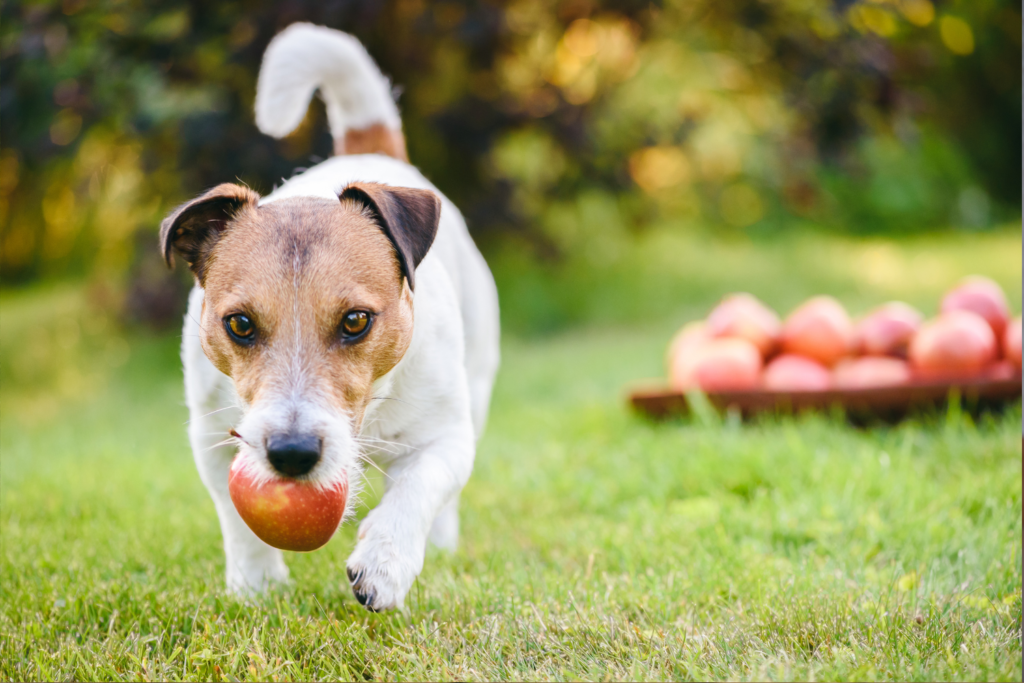
III. Dog-Friendly Fruits: Safe and Healthy Options
Now that we understand the importance of feeding fruits to dogs in moderation and following safety guidelines, let’s dive into the question, “What fruits can dogs eat?” Here are some safe and healthy options for your furry companion.
A. Apples: A Crunchy and Nutritious Delight
Apples are a popular fruit that can be safely shared with dogs. They are rich in vitamins A and C, fiber, and antioxidants. However, it’s important to remove the core and seeds as they contain cyanide-like compounds that can be harmful.
B. Blueberries: Tiny Powerhouses of Antioxidants
Blueberries are packed with antioxidants, vitamins C and K, fiber, and phytochemicals. They are safe for dogs and can be fed fresh or frozen as a delicious and nutritious treat.
C. Watermelon: A Refreshing and Hydrating Fruit
Watermelon is a hydrating fruit that contains vitamins A, B6, and C, as well as potassium and lycopene. It can be a delightful treat for dogs, but make sure to remove the seeds and rind to avoid digestive issues and choking hazards.
D. Bananas: A Tropical and Nutrient-Rich Choice
Bananas are an excellent source of potassium, fiber, and vitamins B6 and C. They can be offered to dogs in small portions, as they are high in sugar and calories. Remove the peel before serving, as it can be difficult to digest.
E. Strawberries: Sweet and Nutritious Bite-Sized Treats
Strawberries are rich in vitamins C and K, fiber, and antioxidants. They can be given to dogs in moderation due to their natural sugar content. Serve them fresh and sliced for easy consumption.
IV. Fruits to Avoid Giving to Dogs
While there are several fruits that dogs can enjoy, there are a few that should be strictly avoided due to their potential toxicity.
A. Grapes and Raisins: A Hazardous Pair
Grapes and raisins are highly toxic to dogs and can cause kidney failure, even in small amounts. These fruits should never be given to dogs under any circumstances.
B. Citrus Fruits: High Acidity and Digestive Upset
Citrus fruits like oranges, lemons, and grapefruits are not toxic to dogs. However, their high acidity can cause digestive upset and may lead to irritation or depression in dogs. It’s best to avoid giving citrus fruits to your canine companion.
C. Avocado: A Fruit to Steer Clear Of
Avocados contain a substance called persin, which is toxic to dogs. Ingesting avocado can lead to vomiting, diarrhea, and difficulty breathing. Keep avocados away from your furry friend.
Understanding which fruits dogs can safely consume is crucial for their health and well-being. Incorporating dog-friendly fruits into their diet can provide valuable nutrients, promote healthy digestion, and offer a tasty treat. Remember to practice moderation, remove seeds and pits, and avoid toxic fruits. By following these guidelines, you can introduce a variety of safe and healthy fruits to your canine companion’s diet and enhance their overall nutritional intake. Always consult your veterinarian before giving your furry friends new foods.
